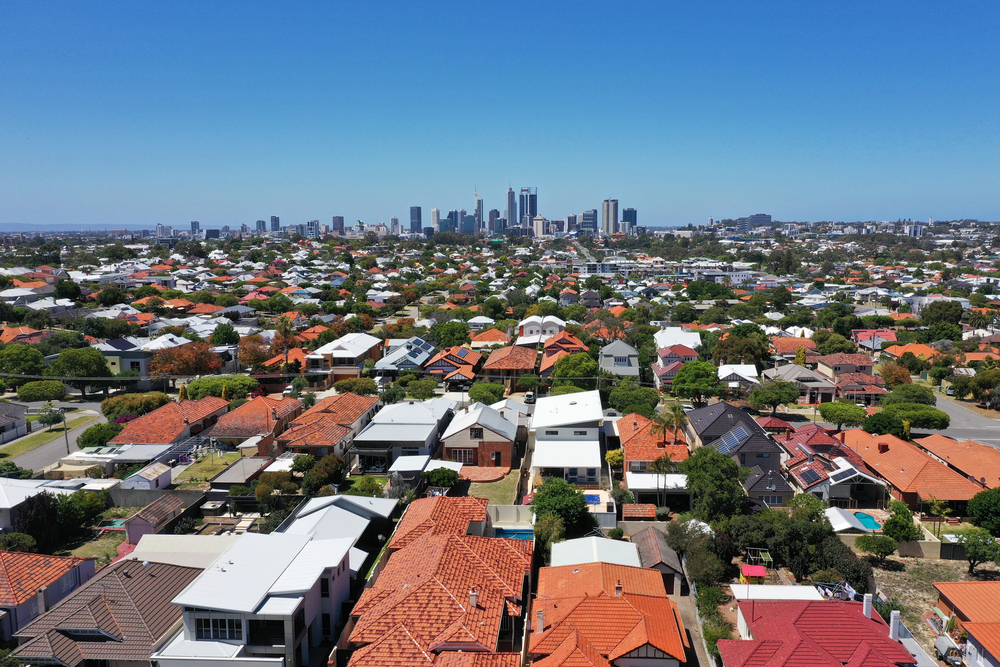In Detroit, where over half of the population rents, rising rents, poor living conditions, and systemic barriers to affordable housing are pressing issues. These challenges not only affect the quality of life but also pose significant health risks.
The link between housing and health
Research indicates that housing instability, characterized by overcrowded living conditions, frequent moves, or high living costs, can lead to severe consequences, including increased risks of eviction, homelessness, poor mental health, and physical illnesses. Detroit’s median household income for renters stands significantly lower than the state’s average, exacerbating the issue with 60% of renters being cost-burdened.
Historical context and ongoing discrimination
The roots of Detroit’s housing inequities can be traced back to discriminatory practices like redlining, where banks and insurers systematically denied services to Black neighborhoods. The long-term effects of these practices are evident in the lower homeownership rates and median incomes in these areas. Moreover, discriminatory practices continue through foreclosures and evictions, contributing to poor health outcomes.
Policy interventions and their impact
Despite the grim scenario, there have been successful policy interventions. The decrease in tax foreclosures, thanks to initiatives like the pandemic-era moratorium and the Michigan Homeowner Assistance Fund, shows progress. Additionally, Detroit’s Homeowners Property Exemption program has helped prevent tax delinquency among low-income homeowners.
Future directions for housing policy
Detroit has seen significant advocacy leading to policy changes, such as the right to counsel for low-income residents facing eviction. Exploring further policies like eviction diversion and investing in Black homeownership could provide more stability and improve health outcomes for Detroiters.
Addressing the housing crisis in Detroit requires a multifaceted approach, focusing on both immediate relief and long-term systemic changes to ensure all Detroiters have access to safe, affordable housing and a healthier future.

















